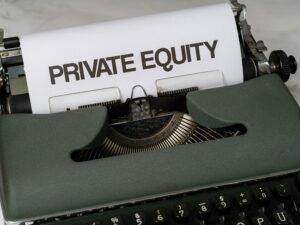Fraud Examination and Forensic Accounting
- Description
- Curriculum

I. Introduction:
Fraud, a pervasive threat to organizations of all sizes, demands skilled professionals to detect, investigate, and prevent financial crimes. This course explores into the specialized field of fraud examination and forensic accounting, combining accounting, investigative, and legal principles to uncover fraudulent activities. By mastering advanced investigative techniques, participants will learn to gather, preserve, and analyze evidence, reconstruct financial transactions, and prepare detailed reports for legal and regulatory purposes. The course also covers the legal framework surrounding fraud investigations, including laws, regulations, and the role of expert witnesses.
Ultimately, this course equips professionals with the knowledge and skills to protect organizations from financial losses, mitigate risks, and contribute to the prevention and detection of fraud.
II.Course Objectives:
• Understand the nature, types, and perpetrators of fraud
• Develop a strong foundation in forensic accounting principles and techniques
• Master fraud prevention, detection, and investigation methodologies
• Acquire proficiency in financial statement analysis and fraud indicators
• Learn to conduct effective fraud investigations and gather evidence
• Develop communication and presentation skills for reporting findings and testifying
III. Course Highlights:
Module 1: Foundations of Fraud Examination
• Definition and types of fraud (occupational, financial, asset misappropriation, corruption)
• Fraud triangle and fraud prevention strategies
• Ethical considerations and professional standards
Module 2: Forensic Accounting Principles
• Forensic accounting vs. traditional accounting
• Financial statement analysis and fraud indicators
• Document examination and fraud detection techniques
• Computer forensics and digital evidence
Module 3: Fraud Investigation Process
• Investigation planning and preparation
• Interviewing and interrogation techniques
• Evidence collection and preservation
• Legal and regulatory framework
Module 4: Fraud Schemes and Detection
• Common fraud schemes (billing, check fraud, embezzlement, etc.)
• Fraud detection methods (analytical procedures, data mining, benchmarking)
• Case studies and real-world examples
Module 5: Fraud Prevention and Deterrence
• Internal control systems and fraud risk assessment
• Anti-fraud policies and procedures
• Fraud awareness training and education
Module 6: Legal and Ethical Considerations
• Legal aspects of fraud investigations
• Expert witness testimony and report writing
• Professional ethics and independence
IV.Target Audience:
• Accountants, auditors, and financial analysts
• Law enforcement and investigative professionals
• Risk management and compliance officers
• Fraud examiners and investigators
• Professionals in industries with high fraud risk








